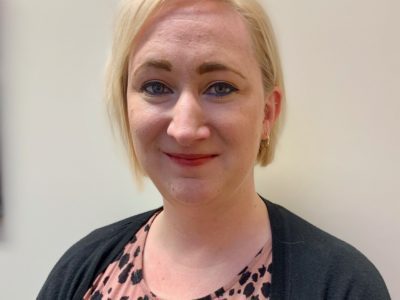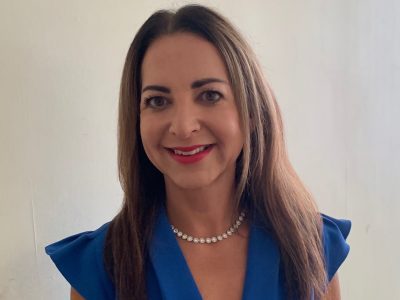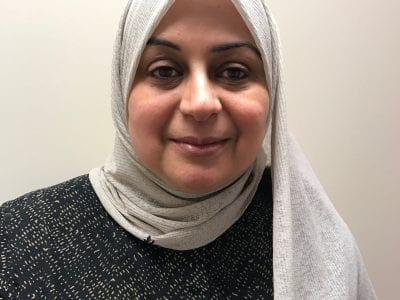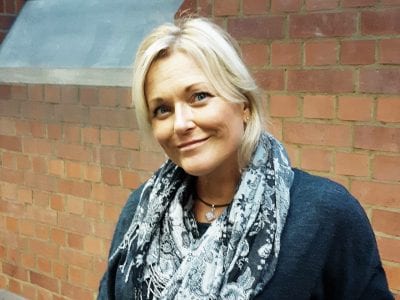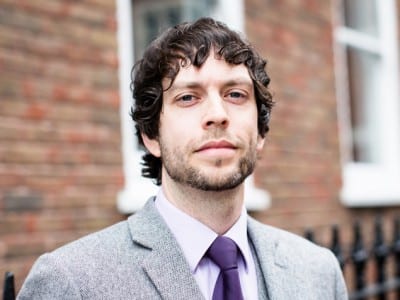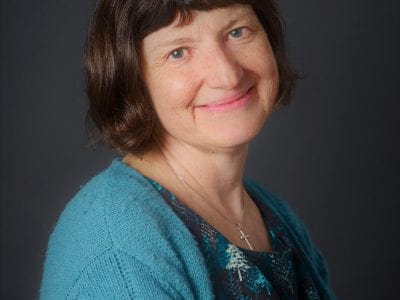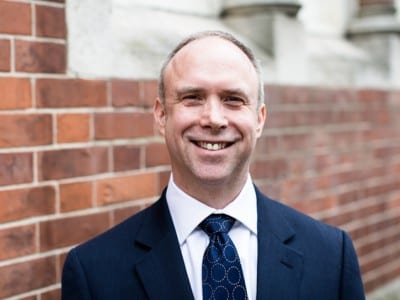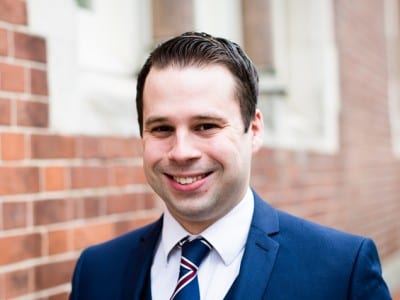Parental Responsibility and Medical Treatment for a child
In light of the recent events before the Supreme court regarding medical treatment for a child and last year, there was a report about a mother’s fury after finding out her 3 month old son had been circumcised without her consent when opening his nappy. It came to light that the child has been circumcised whilst in the care of his paternal grandparents. The grandparents had different religious beliefs to the mother of the child. The police, who had previously decided that it was not a criminal matter, have reopened the inquiry and are now investigating whether to bring charges against the grandparents for GBH.
Normally, grandparents of a child would not have the power to consent to such medical treatment, unless they themselves had obtained parental responsibility which would require an order from the Court. The parents of the child can consent to medical treatment such as circumcision if they hold parental responsibility for a child (s3(1) CA 1989). A mother automatically obtains this by way of giving birth to the child. A father only automatically obtains parental responsibility if he is married to the mother at the time of birth or if he is registered as the child’s father on the birth certificate and the child was born after 1 December 2003. If a father doesn’t automatically have PR, this can be acquired a number of ways including by way of marrying the mother after the birth of the child, an agreement between himself and the mother for either the birth to be re-registered or the mutual signing of a parental responsibility agreement or by the involvement of the Court.
There is a requirement to consult everybody with parental responsibility in respect of all important matters relating to the child such as religion, schooling and medical treatment. If those with PR cannot agree the medical treatment for the child, they can make an application for the court to make a decision by way of a Specific Issue Order. A similar matter to this was dealt with in the case of L and B [2016]. The father was unsuccessful in his application to the court requesting the courts permission to allow the children to undergo circumcision in the absence of the mother’s consent and the children’s inability to consent. Mrs. Justice Roberts concluded that circumcision should be deferred until the children are old enough to understand the implications by saying it was a finely balanced decision but there must be clear benefits which outweigh the risks. She also stated it was an irreversible procedure and that there is no guarantee the boys will wish to continue in the Muslim faith with the same devotion as their father. In Re J the same approach was taken concluding that circumcision at the age of five was not medically necessary and was not in the child’s best interests.
In cases where the child is in need of medical treatment but those with PR either do not agree and/or refuse this e.g. Jehovah’s Witness refusing their child to undergo a blood transfusion, the hospital or medical practice can make an application to the court which, if successful, would allow the treatment to go ahead despite the refusal of those with PR. In the case of NHS Foundation Trust v T this was an issue whereby the NHS sought the Court’s consent to administer blood and blood products to a boy who suffered from low blood platelet count when his parents, who were Jehovah’s witnesses, could not consent to such administration. The court held it was overwhelmingly in the child’s best interest to receive the administration of blood and blood products in order for his health to be supported.
In making its decision in any situation the courts will consider the factors set out in S1(3) with the child’s welfare being the paramount consideration. It is important to note that unless all persons who hold PR for a child agree to the medical treatment, or unless a court order has been obtained to administer it, consent may not have been appropriately obtained and any medical practitioner could leave themselves open to real consequences.
Kate Lacey
Contact: 01273 662750 email: Anna Glenton

